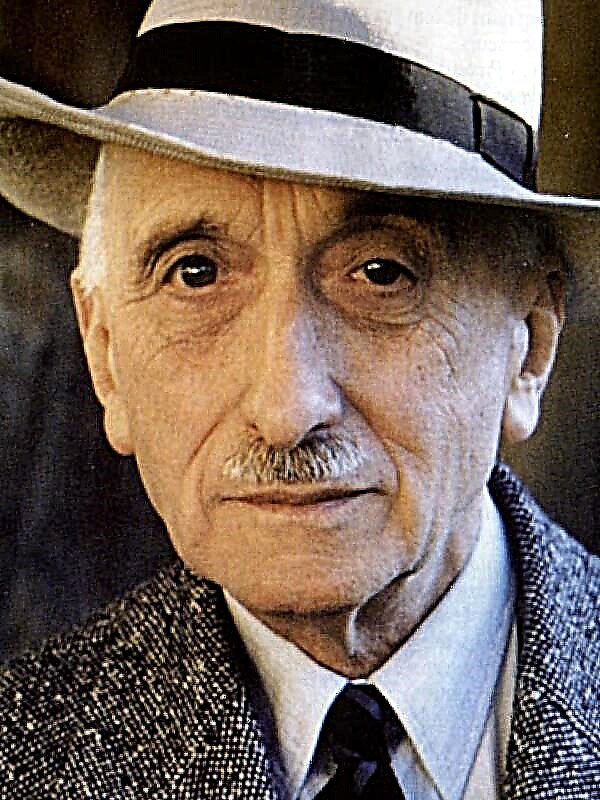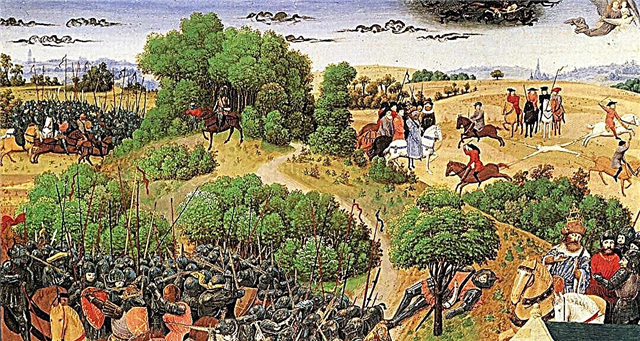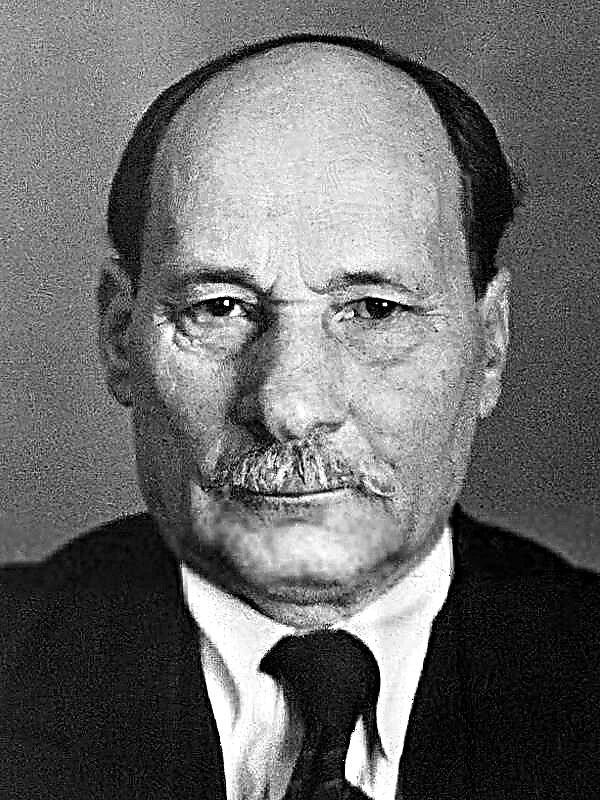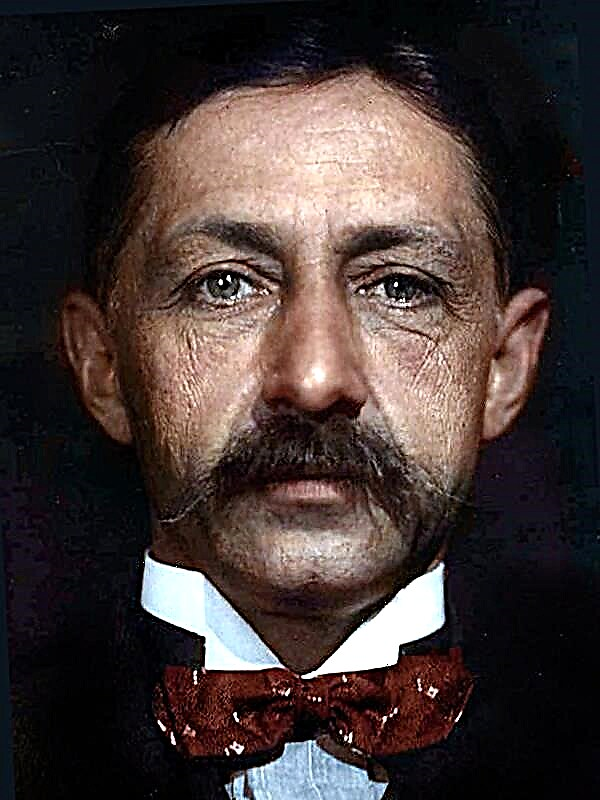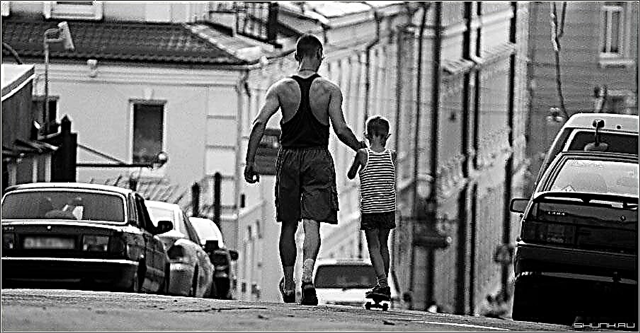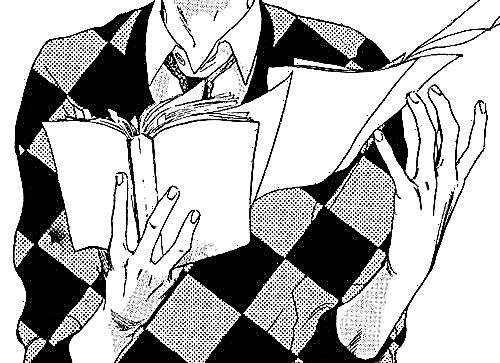The novel takes place in the fifties.
A tough conversation takes place between Charles Lumley and the landlady. She suspected something was wrong, it painfully tenant spends time idly, apparently, she doesn’t work anywhere. Caught by surprise, the young man instantly writes a criminal story, posing as a private investigator, which is even more alarming to Mrs. Smythe. She demands that the tenant move out immediately. What else could he come up with? Charles is twenty-two years old; he's just been off the university bench. There is no place and no prospects. He lives fifty pounds, which he saved in a bank in case of emergency. Stotwell, where he ended up and spent three weeks, was chosen by chance. Charles asked his friends to write on the sheet the names of ten small towns where they could rent a cheaper room, and poked at random. He hoped to spend several weeks alone and alone, deciding during this time what he would do. But he could not decide. Feeling the bitterness of defeat, he goes to the station and gives the last banknote for a ticket to his hometown. Of course, Charles could hold out for some more time, spending the night on the garden benches and interrupting selling newspapers, but he really wants to see Sheila. However, he is unlucky again, his fellow travelers are the parents of George Hutchins, a student hostel neighbor whom he could not stand. He was hated by his snobbery, assertiveness, desire to succeed. The interlocutors are proud of the success of his son, he received an invitation to graduate school. What does Charles intend to do? Wanting to avoid a painful conversation, the young man leaves the compartment and spends the rest of the way in the corridor.
Arriving at the place, Charles hands over the suitcase to the left-luggage office and leaves for the suburb where Sheila lives. I don’t want to appear at home, he delays the inevitable explanations. But again, the failure of the Girl is not at home, and he is greeted by an unkind reception from her relatives. Sheila's older sister Edith and her husband Robert Tarkles, a successful middle-aged shopkeeper, in every possible way demonstrate to the unexpected guest that he is a stranger in their midst, they reprimand him for his inability to get a job in life, dishonesty with respect to his parents. And Charles, in fact, has long felt a complete inability to find a common language with them, does not want further intervention by his parents in his life, instructions, advice, attempts to help. He is also annoyed by complacency, narrow-mindedness, outright rudeness of Sheila's relatives. Unable to endure annoying moralizing, he goes on a scandal. After leaving the house, Charles realizes that what happened means a break with Sheila. However, in many ways their relationship was far-fetched, at the age of seventeen he first learned love and all these years with passive tenacity cultivated this feeling. Charles enters the pub, deciding to get drunk on the remaining money with grief. And here he also feels like a stranger. Local patrons - ordinary people, rude and uncouth - treat him with hostility. When a young man gets into a scandal, he gets put out of the door. He spends the night outside the outskirts, falling into thick grass.
For a week Charles works as a window cleaner. He borrowed money and bought a bucket and rags, a ladder, a cart and a jumpsuit. Then he returned to Stotwell and took off his bed in the hostel of the Union of Christian Youth. He is quite satisfied that he managed to end the old life, with one jump he was able to jump out of the rut of his class and reject an alien psychology, disrupt the usual way. At the same time, our hero in every possible way seeks to avoid contact with the new environment, is burdened by life in a hostel, and wishes complete independence. Quite by the time it turns out to be a meeting with former classmate at the university Edwin Frowlish. In those days, they believed that he was destined to become a great novelist, but he never received a diploma, leads a bohemian lifestyle, living with his girlfriend Betty on the top floor of an abandoned building warehouse, Charles willingly moves to them. When there is no earnings, Betty helps out, on Saturdays she visits her aunt - an old maid who throws money to her niece. By chance, Charles gains a partner - Erna Ollershaw, and things are going better with his help. Wanting to shake herself, Charles dresses up and goes to lunch at the Grand Hotel, where he is attracted by one couple - a groomed man of about fifty and a beautiful young girl. He learns from the bartender that this is Mr. Rodrick, the director of one of the local factories, with his orphan niece. Charles is losing his peace, thoughts of a girl haunting him. Despair sets in, he will never gain access to their circle. By chance he learns that Robert Tarkles, a respectable family man, spends Saturdays with Betty in a rural hotel. So where does the money for which she contains Edwin come from. Having taken the belongings, he intends to move to Ern, but in that house, the police, the companion, are arrested. At the trial, it turns out that he had previously served in a transport office that drove cars from factories to ports, and was an accomplice in their thefts. Once the operation failed, since Ern was on the wanted list. Having made acquaintance with Ern's friend - Teddy Barner, Charles gets a job as a driver in the place of his former partner. Now he has a constant and pretty decent income. He hopes that the change of scenery and lifestyle will help to forget the manufacturer’s niece, which struck his imagination, but in vain. In between flights, he takes the train to Stotwell, hoping to see the girl again at the Grand Hotel. His companion is Arthur Blirni, a theater entrepreneur. With his assistance, Charles met with Mr. Rodrick and Veronica, and even received an invitation to a party in London's Blirni apartment. Now a young man needs money, a lot of money. Having gotten into the driver's environment, he realized: dark things are turning around here. He asks Teddy to get him too. Upon discovering that he is involved in drug transit, Charles is in turmoil, but now his wallet is tightly packed. His stormy romance with Veronica is developing. Once the drug operation fails, Charles and Barner manage to escape from the port raid. Their car is being chased by the police, and Barner, believing that Charles is guilty of what happened, throws him out in full swing. Charles is in the hospital with many fractures. Thanks to Rodrick, he is placed in a paid building, in a separate ward. Having paid a visit, Rodrik demands to leave Veronica alone, she is not a niece, but his mistress, let the young man have no hope for a bright future. After completing the course of treatment, Charles remains to work as a nurse in the hospital, however, no matter how he tries to adapt to the new environment, he does not succeed. The way out is the proposal of one of the patients, the “chocolate king,” millionaire Bracewaite, to become his personal chauffeur. Charles moves to his estate. It seems to him that at last he has found what he needs. But Bracewright has a sixteen-year-old son, Walter, an extravagant dope, to whom his father is forced to invite a tutor for the summer. It turns out to be George Hutchins, now a college professor. A long-standing hostility between former classmates grows into enmity. And then Walter, an auto-car enthusiast, secretly from his father assembles a race car, testing it, smashes his father’s luxurious daimler. All this is due to the fault of Hutchins and his mistress, June Weber, who suddenly jumped out onto the road. Charles leaves the estate, leaving a letter to the owner, where he takes the blame for what happened. The dream of seclusion, of some kind of parasitism in the service of the good rich man in the middle of nature, reminiscent of the landscapes of a color film on the screen, is not destined to come true. Later it turns out that June, who hated him, had stolen a valuable jade figurine from Bracewight, exposing Charles as a thief.
In London, Charles leads the life of a homeless tramp, sleeps on garden benches. Mr. Blirni sets him up with a bouncer at the Golden Peach night bar. One evening Froulish visits him, who now works on the radio and is very successful. He invites Charles to test himself in a new field. He becomes an employee of the studio of Terence Frash, composes the most notorious scenarios for the radio clock "Jokes on Wednesday." Things are going very well with him, he concludes a profitable contract for three years and becomes a well-to-do person, comforting himself with the illusion of personal independence. Veronica appears again in his life, and it seems to him that he is completely happy.

